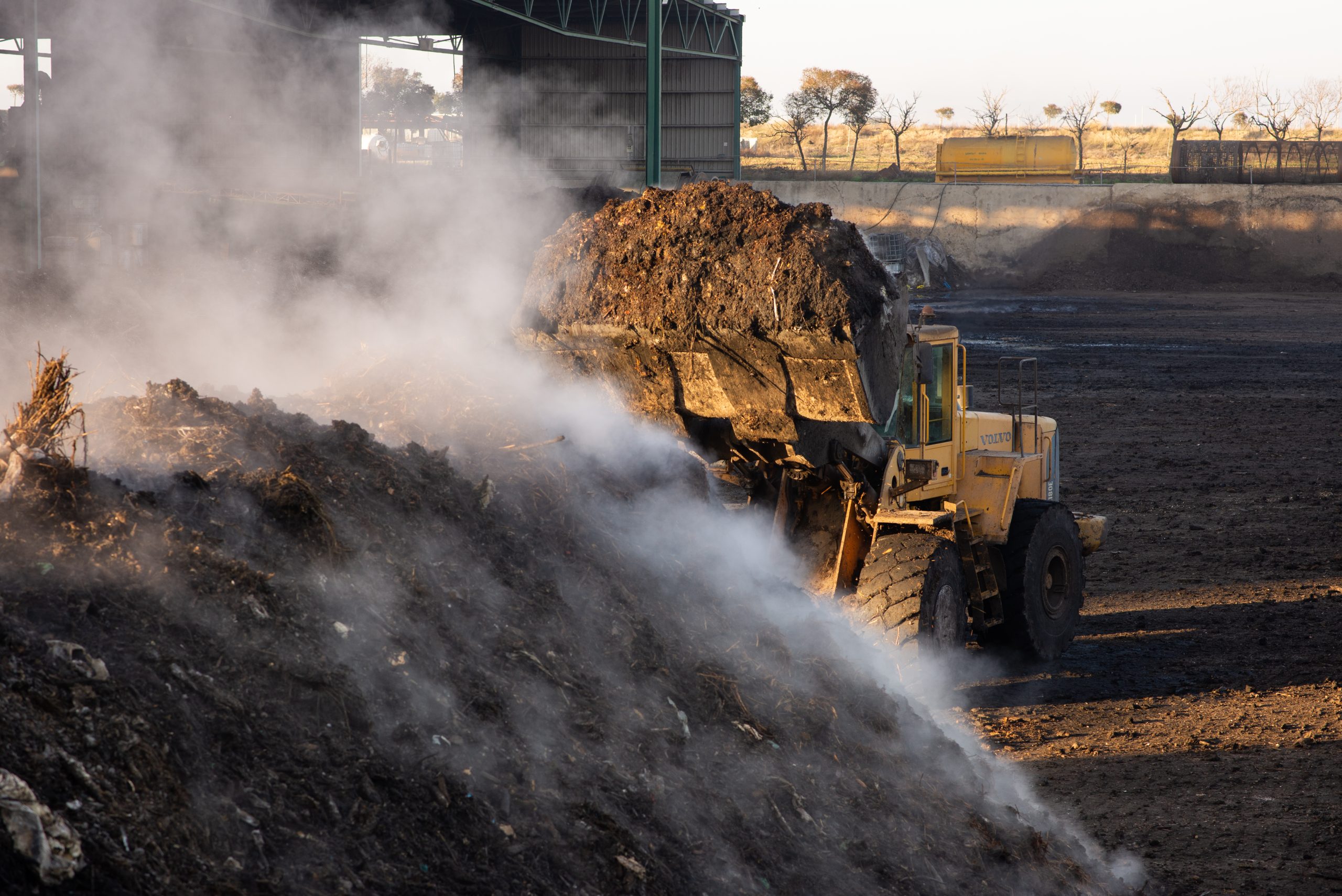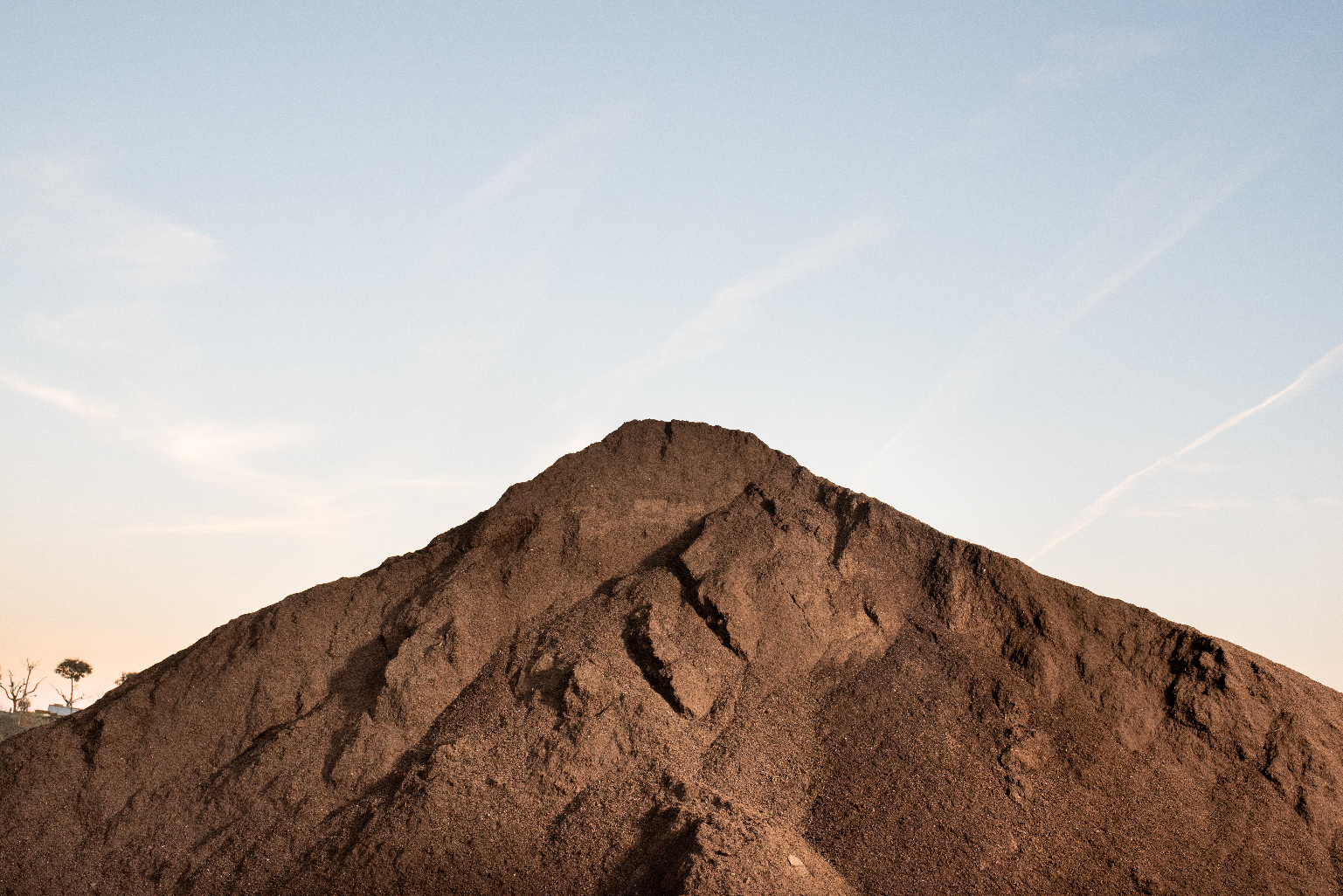Compost is a natural fertiliser made from biodegradable material. This means that organic matter is always required for the production of the compost. Composting is not complicated, but it requires time and dedication, as well as adequate space and facilities.
The composting process relies on the action of micro-organisms that act on this organic matter. What they do is to transform this element into compost through a process of decomposition. For those who do not know, organic matter is any product or element obtained from the tissues of living beings, generally plants and animals.





